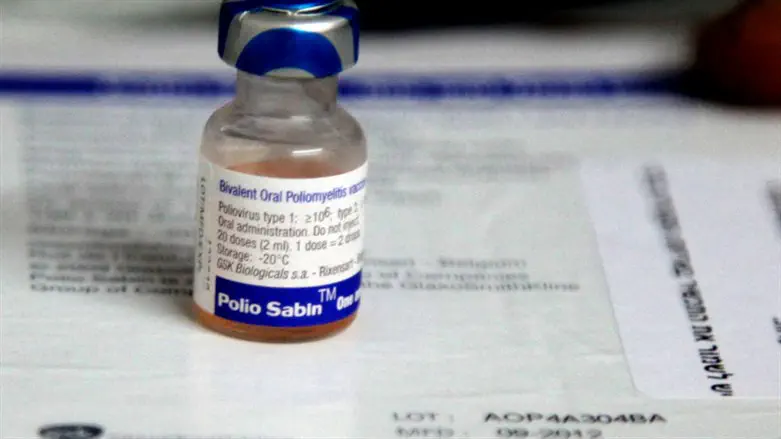
For the first time in over four decades, the UK is dealing with an outbreak of polio, a serious viral infection known for leaving sufferers with muscle weakness and in severe cases paralyzed.
A worldwide vaccination effort over decades has eradicated the disease everywhere but Afghanistan and Pakistan, where it is still classified as endemic.
However, there are still isolated outbreaks, such as the detection of polio in London.
According to a report in the Independent, the virus has likely spread between “closely-linked” resident of North-East London, with investigators attempting to find out if community transmission is taking place.
So far, no cases have been reported or confirmed but infected samples were discovered in the London Beckton Sewage Works, which serves four million residents.
A scientific study of the samples found a version of the polio virus that comes from the live oral polio vaccine (OPV). The OPV is only used in non-developed nations in response to outbreaks of polio. For several weeks after getting vaccinated, people shed live virus particles in their feces.
The virus particles have been known to spread from person to person due to poor hygiene and contaminated food and water.
The vaccine virus can mutate over time and turn into something resembling the naturally occurring virus, termed vaccine-derived poliovirus type 2 (VDPV2), which is what was discovered in London.
It is though that the OPV virus entered the UK in early 2022 from overseas and began to spread between February and May.
While polio is known for causing muscle weakness and paralysis, 95 to 99 percent of patients are either asymptomatic or experience mild symptoms.
The last instance of naturally occurring polio being contacted in the UK was in 1984. In 2003, the country was said to be free of the disease.
